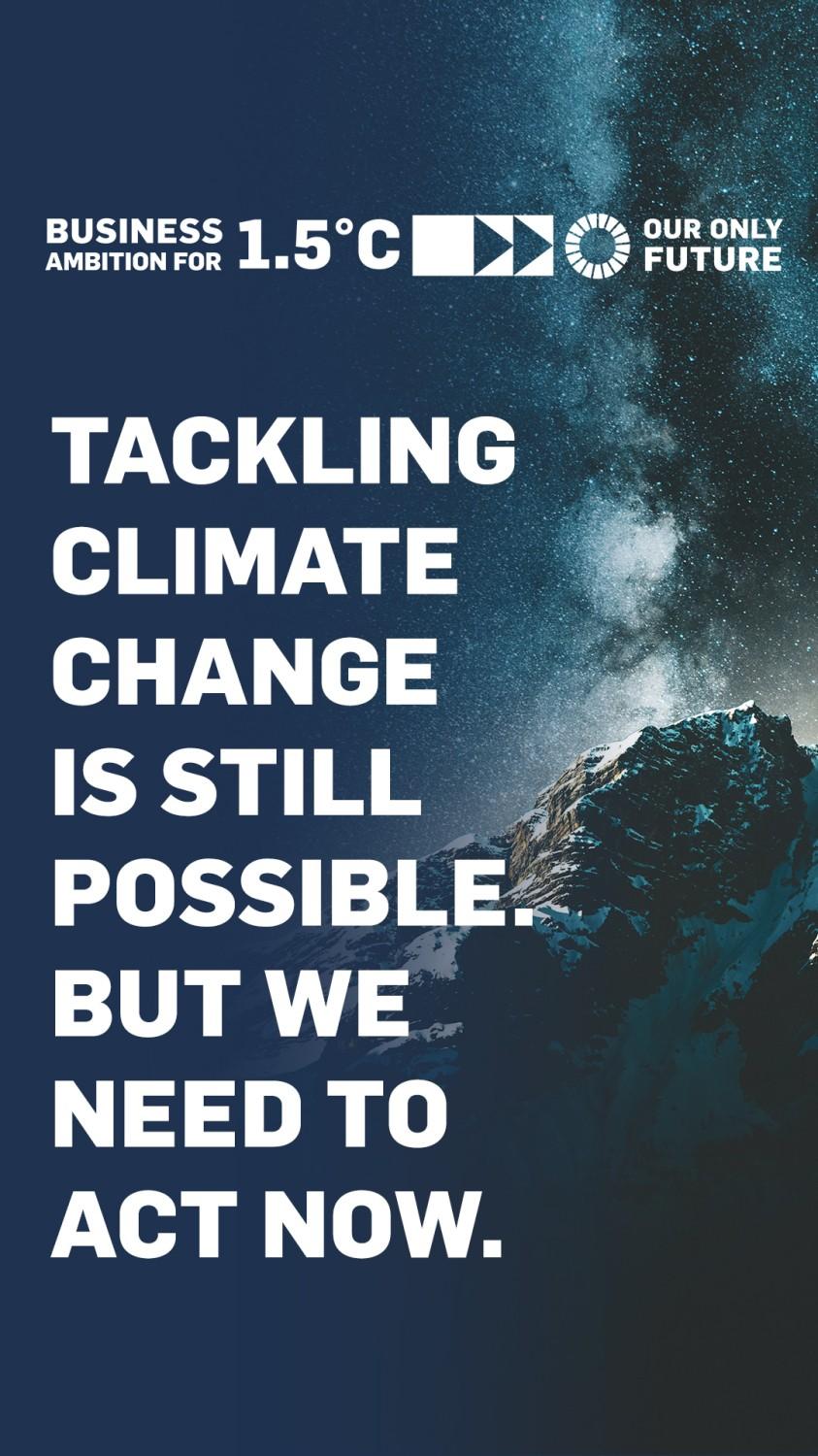How Business is Protecting Scarce Natural Resources
by Denise Lana Molina, Director Global Sustainability Communications at Schneider Electric

Schneider Electric on LinkedIn
In 2018, the World Health Organization noted that specific populations are more vulnerable to climate change. People living on small islands, flat coastal regions, megacities, and mountainous or polar regions are especially at risk. As are children, particularly in underdeveloped countries, as are elderly people and people with pre-existing medical conditions.
In a new report about Biodiversity, Intergovernmental Science-Policy Platform on Biodiversity and Ecosystem Services (IPBES) demonstrated that biodiversity, the variety of lifeforms on Earth, continues to decline in every region of the world, significantly reducing nature’s capacity to contribute to people’s well-being. This alarming trend endangers economies, livelihoods, food security and the quality of life of people everywhere, according to four landmark science reports released today, written by more than 550 leading experts, from over 100 countries.
Central to this is resource consumption in the developed world. Every year Earth Overshoot Day, the date by which humanity would have exhausted our natural annual budget if everybody in the world lived like EU residents, comes earlier. This year, Earth Overshoot Day, arrived on July 29th, 2019, according to a new report by Global Footprint Network.
This is significant as human societies are supported by what nature provides. We rely on the earth for much of our food, fiber, timber, carbon absorption, and land to build infrastructure. However, if everyone around the world shared the same lifestyle as citizens of the EU, 2.8 Earths would be needed to sustain the demand for our natural resources globally.
The impact of climate change is not limited to the environment
More and more, environmental issues are having deep impacts on our society. The recent Yellow Vests movement in France on December 2018, quickly gained traction and worldwide attention with messages around the need for transparent, accountable administration of environmental decisions by governments.
Similarly, Extinction Rebellion (XR) is another socio-political movement which promotes nonviolent resistance to protest climate breakdown, biodiversity loss, and the risk of human extinction and ecological collapse. XR was established in the United Kingdom in May 2018 with about one hundred academics signing a call to action in support in October 2018. By November various acts of civil disobedience had been carried out in London. In April 2019, an ongoing action by XR occupied four prominent sites in central London including tourist hotspots and prominent areas in Oxford Circus, Marble Arch, Waterloo Bridge and the area around Parliament Square.
It’s too early to tell what the outcome of such mass actions will be. What is clear, however, is that there’s a general sentiment among the public that we need global action to safeguard the precious resources of our planet, in addition to ongoing localized community actions.

